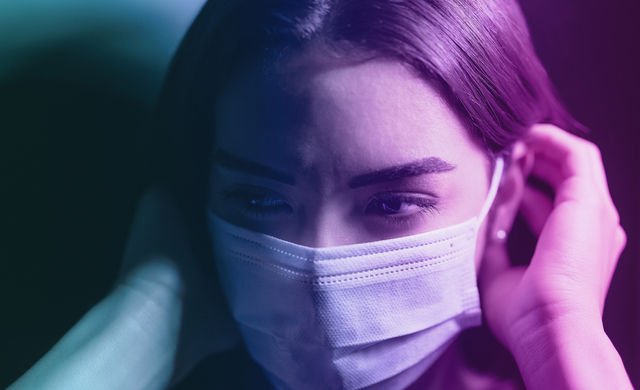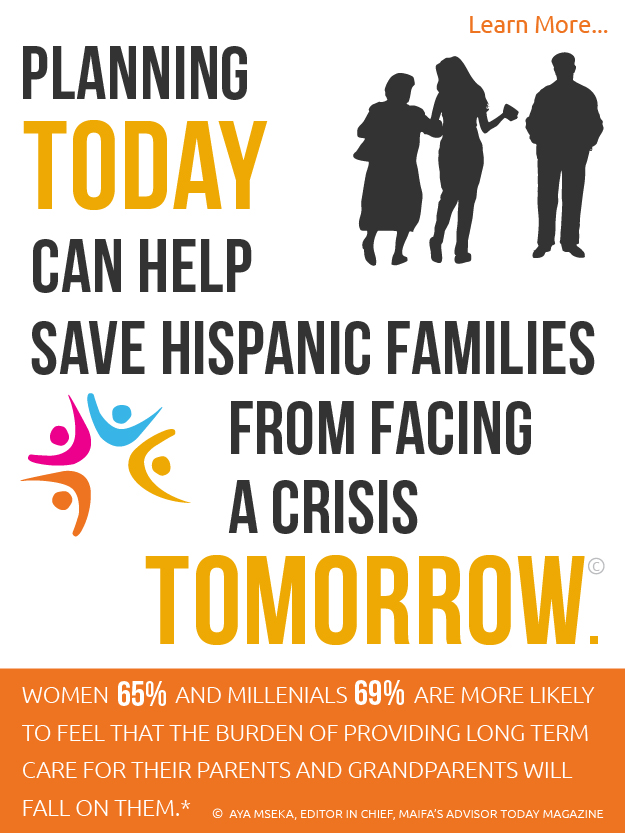
41 percent of U.S. adults report mental illness due to pandemic stress
09/21/2020 06:00AM | 2377 viewsA new CDC study reveals Black and Hispanic Americans report feeling more anxious or depressed than their white counterparts.
The coronavirus pandemic has had a significant impact on the mental health and wellbeing of Americans, with isolating lockdowns and the threat of a COVID-19 infection making the future uncertain at best for most individuals.
New data compiled by the U.S. Centers for Disease Control and Prevention (CDC) illuminate the quantitative toll the pandemic has on Americans’ mental health, with a total of 40.9 percent of U.S. adults reporting at least one adverse mental or behavioral health condition stemming from the pandemic.
Among the most common mental illnesses being exacerbated at this time are anxiety and depressive conditions. Some 25.5 percent of people have experienced a symptom of an anxiety disorder over the course of the pandemic, with 30.9 percent of respondents experiencing a combination of both anxiety and depressive disorders.
The prevalence of symptoms of anxiety disorders was reportedly three times higher than during the same time in 2019, and depressive disorders were four times higher.
These behaviors have also escalated to suicidal thoughts among a portion of the population. When asked if they have seriously considered suicide in the past 30 days, 10.7 percent of respondents said that they had. Another 13.3 percent began or increased their substance usage to cope with the stress of the pandemic.
Respondents in the 18 to 24 age demographic reported experiencing the highest rates of adverse mental reactions in response to stress from the pandemic, including the contemplation of suicide.
Notably, Hispanic and Black respondents reported higher percentages of adverse mental health symptoms related to pandemic stress compared to their white counterparts. This coincides with emerging data pointing to Hispanic and Black Americans disproportionately suffering from the coronavirus-induced recession while composing the majority of frontline worker roles.
Unpaid caregivers for adults who are at an elevated risk for coronavirus infections are also at a particularly high risk for adverse behavioral health symptoms.
“Mental health conditions are disproportionately affecting specific populations, especially young adults, Hispanic persons, black persons, essential workers, unpaid caregivers for adults, and those receiving treatment for preexisting psychiatric conditions,” the report authors note.
Potential solutions to help people cope with mental illness during the pandemic generally revolve around public health messaging and promoting available resources.
The report authors note that the expanded use of telehealth may help reduce mental health disorders associated with the coronavirus pandemic, as well as the advertisement of health services like the Disaster Distress Helpline, the National Suicide Prevention Lifeline, and Substance Abuse and Mental Health Services Administration National Helpline.
The research was conducted with a sample of 5,470 U.S. adults surveyed from June 24 to 30.











Post your Comment
Please login or sign up to comment
Comments